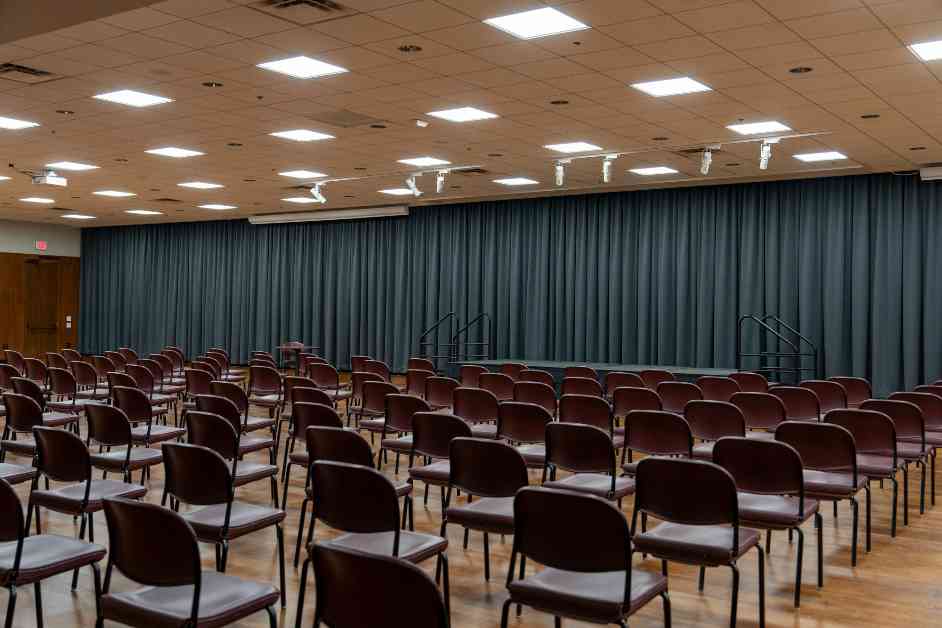The “Advancing AI and Tech Ethics Symposium” at the Memorial Union is set to take place on September 18th, 2024, featuring a lineup of distinguished Iowa State professors and faculty from various universities. This one-day conference aims to delve into the complex intersection of artificial intelligence and ethical considerations, covering a wide range of topics crucial in today’s rapidly evolving technological landscape.
As the morning sun gently bathes the Memorial Union, attendees gather for a day filled with enlightening discussions and thought-provoking lectures. The symposium kicks off at 9:15 a.m. with a warm welcome in the Sun Room, setting the stage for an engaging exploration of AI and tech ethics.
One of the highlights of the event is Michael Bugeja’s lecture on the challenges posed by AI threats and risks in various departments. In Room 2630, attendees will have the opportunity to gain valuable insights into the evolving landscape of artificial intelligence. Simultaneously, in the Sun Room, Ratul Chowdhury will share his expertise on a related topic, offering a diverse array of perspectives for the audience to ponder.
Moving forward, Angela Prince takes the stage in the Sun Room at 10:30 a.m. to delve into the ethical considerations and best practices surrounding the use of AI in special education. The intersection of technology and education is a crucial area where ethical guidelines play a pivotal role, making this lecture a must-see for educators and researchers alike.
During the lunch break, scheduled from noon to 1 p.m., attendees can network and engage in insightful conversations in the South Ballroom and the Sun Room, fostering a sense of community among like-minded individuals passionate about the ethical implications of AI and technology.
The afternoon session promises a rich tapestry of lectures, each offering a unique perspective on the ethical dimensions of AI. Daniel Corrigan’s lecture on AI and ethical judgment in Room 2630 provides a deep dive into the moral implications of artificial intelligence, challenging attendees to reflect on the ethical frameworks guiding technological advancements.
In the Sun Room, Michael Bootsma and Peter Liang shine a spotlight on the potential legal and ethical pitfalls associated with AI in education, shedding light on critical issues that educators and policymakers need to address in the digital age. Their presentation serves as a wake-up call for those navigating the complexities of integrating AI into educational settings.
As the symposium progresses, Clinton Castro’s exploration of Kantian ethics and the attention economy in Room 2630 offers a philosophical lens through which to examine the ethical dilemmas arising in the digital realm. Meanwhile, Marc Anderson’s presentation in the Sun Room underscores the pressing challenges related to energy and water consumption in the context of AI, highlighting the need for sustainable practices in technological innovation.
Wrapping up the day’s events, Clark Wolf’s lecture on ownership in the digital age and Ritwik Banerji’s anthropological inquiry into ethics in the Uncanny Valley provide a fitting conclusion to a day filled with intellectual stimulation and lively discourse. Their presentations offer a glimpse into the intricate ethical landscapes that accompany the rapid advancement of AI technologies, leaving attendees with much to ponder long after the symposium concludes.
In conclusion, the “Advancing AI and Tech Ethics Symposium” stands as a testament to the growing importance of ethical considerations in the realm of artificial intelligence. By bringing together a diverse group of experts and scholars, the event serves as a catalyst for meaningful conversations and critical reflections on the ethical challenges that lie ahead in our increasingly tech-driven world.









